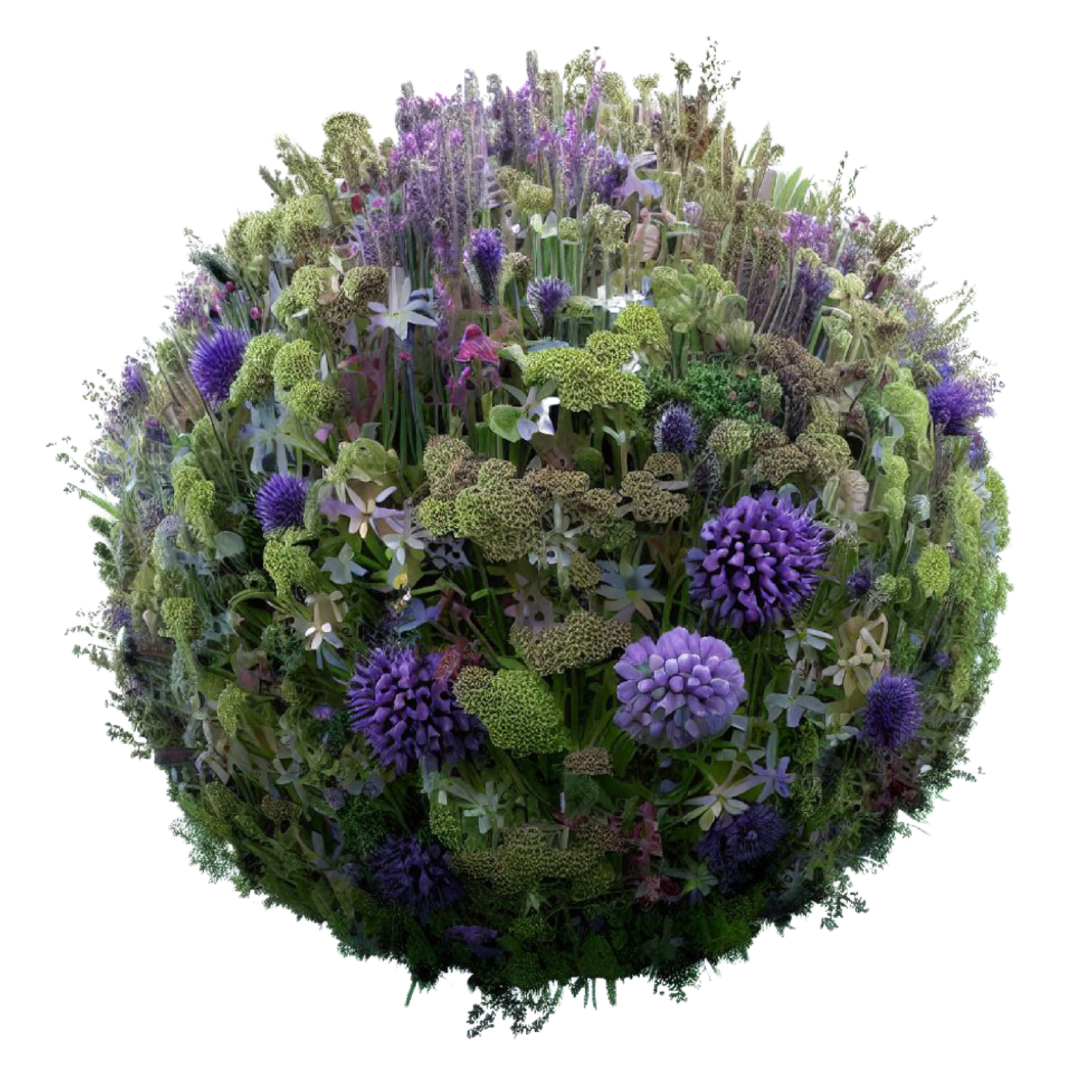
A friend of mine argues that the impact of long-distance flying to exotic locations outweighs any possible environmental benefit to the places you might visit…. I’m not so sure.
We’ve just come back from the Seychelles. It’s one of the most beautiful places I’ve ever been. Apart from the world class beaches – white sands, tropical vegetation, massive smooth rocks and turquoise seas – one thing really stands out. It’s incredibly clean. The seas are clear and most significantly there’s almost no litter anywhere.
It’s also very expensive – and therefore exclusive. I couldn’t believe that buying a coconut from a beach bar costs nearly £3. In most countries where coconuts abound they’re rarely more than a few pence… The upside of this is that there are relatively few tourists. Each one is high value for the country – and some of the wealth generated goes into protecting the country’s most valuable asset, the environment. It’s a conservation culture. School children are taught about respecting nature and there are quite a few laws to enforce anti-littering, protecting fish and limiting water sports such as noisy jet skis.
At Zil Payson, Six Senses Hotel, where we stayed, the whole island is managed by the hotel, but with the condition that they leave two thirds of it undeveloped. I talked to the ecology consultant who advised the hotel and he was very enthusiastic about the benefits of this arrangement. His aim was to restore the habitat to something similar to how it was two centuries ago – perhaps to become the ‘Noah’s Arc of the Seychelles’.
One of the first things they had to do to achieve this was to clear out the invasive species that had been brought in to reduce soil erosion caused by land clearance to plant coconut trees. These plants had no natural predators that would stop them spreading. The only animal that enjoyed their fruits were giant tortoises, that ended up spreading the seeds in their faeces.
Tree planting came next – and this is ongoing – the island looks incredibly lush. But the ecologist, Steve Hill, who is working with the hotel, says that they can’t reintroduce the many indigenous bird species until the building work has stopped and they can be sure that there aren’t any rats coming in with supply ships. Given that the resort is still building its awe inspiring spa and has a few more villas to complete, this is won’t happen very soon.
Another big issue for the hotel is about supporting the local economy. All fish consumed at the resort are sourced from local fishermen and they promote local and regional produce where possible. No European beers apparently they all come from Seychelles, Kenya or South Africa. And, each morning you’re offered ‘juice of the day’ which is local. I asked for freshly squeezed orange juice on a couple of mornings and then discovered to my horror that oranges were one of the things they imported.
Although there were quite a number of foreign workers at the hotel, they have a policy to employ locals where possible and have considerably more than the Seychelles government quota. With less than 100,000 Seychellois there’s not a very large pool to choose from.
Another big issue for the hotel is about supporting the local economy. All fish consumed at the resort are sourced from local fishermen and they promote local and regional produce where possible. No European beers apparently they all come from Seychelles, Kenya or South Africa. And, each morning you’re offered ‘juice of the day’ which is local. I asked for freshly squeezed orange juice on a couple of mornings and then discovered to my horror that oranges were one of the things they imported.
Although there were quite a number of foreign workers at the hotel, they have a policy to employ locals where possible and have considerably more than the Seychelles government quota. With less than 100,000 Seychellois there’s not a very large pool to choose from.
One of the best things we did during our stay was to go snorkelling. We saw manta ray, sharks (small ones!), turtles and the most wonderful array of colourful fish. But, I was horrified to discover that even the Seychelles have been hit by coral bleaching, which has apparently been caused by rising water temperature caused by El Nino – first in 2005 and then in 2015. Scientists are not yet sure whether this is linked to climate change, but 2015 was the hottest year since record keeping began and it coincided with a ‘super El Nino’.
I discovered an organisation called Nature Seychelles who are working on coral reef restoration, which involves growing different coral species in nurseries and transplanting them onto degraded sites. The long term success of their ‘coral gardening’ is not yet known, but the project has led to some important learning.
The hotel didn’t appear to be involved with Nature Seychelles, although I think it’s something they could directly support, but they are trying to encourage more marine reserves to protect the coral. And they’re introducing mooring blocks, which means that boats visiting the island, won’t need to throw anchors and damage the coral below.
I’ve written a separate blog about what happens behind the scenes at the Six Senses Zil Payson – relating to energy, water and waste. But returning to my opening theme, I believe that tourists – luxury or otherwise – should encourage and support hotels who are being pro-active in environmental restoration, and trying to minimise their impacts. So, perhaps I don’t need to feel too guilty for doing just that!



